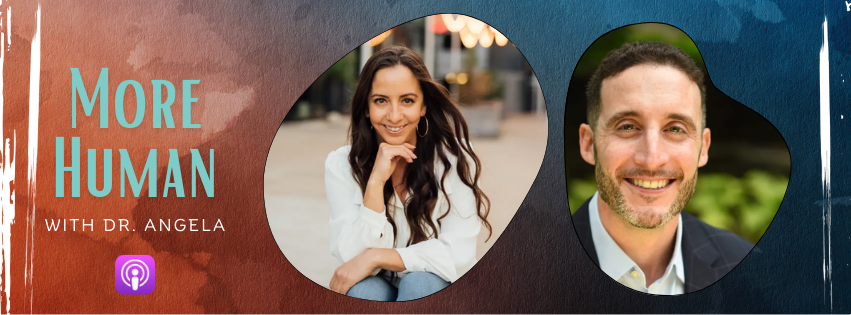Climate Conscious Chaplaincy with START Alum Rev. Alison Cornish
- Sep 3, 2024
- 3 min read
by Claire Nelson

Image: The BTS Center
Rev. Alison Cornish first began thinking about climate-conscious chaplaincy at a workshop with Buddhist scholar and environmentalist Joanna Macy. Later, in her role as Executive Director of the Pennsylvania Affiliate of Interfaith Power and Light, she saw the spiritual toll climate change had on her congregants. “While I was ED of PA IPL, I did quite a bit of preaching, and invariably someone would approach me following the service to talk about their private despair about the climate crisis. Often they were working on the issue – as an academic, or government employee – and had no one to talk to about watching the date scroll by.”
She began to think there was something here. “I tried some experiments – like re-casting holidays and ceremonies – with attention to our planet’s dire condition,” she said. This led to Cornish’s interest in climate-conscious chaplaincy, an emerging field centered around pastoral responses to the climate crisis. “I’ve created ceremonies for trees that are about to be cut down, and blessings for waters contaminated by floods. Re-casting of holidays, such as an Earth Day Tenebrae service for the crucifixion of Earth,” Cornish says.
“I tried some experiments – like re-casting holidays and ceremonies – with attention to our planet’s dire condition,” she said. This led to Cornish’s interest in climate-conscious chaplaincy, an emerging field centered around pastoral responses to the climate crisis.
She partnered with the Bangor Theological Seminary to found the Climate Conscious Chaplaincy initiative. Cornish sees the initiative as a landing pad for chaplains engaged in this work and hopes for it to hold space for “the possibility of some kind of life-affirming future to emerge.” The Initiative has held several “conversation circles” for chaplains seeking to utilize a climate-conscious pastoral approach. “We intend for these groups to offer support for personal well-being and community-building in the midst of all the ways in which long-held practices, worldviews, and intertwining crises — materialism, colonialism, racism, and radical individualism, to name just a few — have given rise to a climate-changed world where humans, disconnected from the sources of Earth’s sacredness and generativity, have created the conditions for Earth’s desecration and destruction,” the BTS website reads.
“We intend for these groups to offer support for personal well-being and community-building in the midst of all the ways in which long-held practices, worldviews, and intertwining crises — materialism, colonialism, racism, and radical individualism, to name just a few — have given rise to a climate-changed world where humans, disconnected from the sources of Earth’s sacredness and generativity, have created the conditions for Earth’s desecration and destruction.”
Reflecting on how her time in Glean’s START program supported this work, she said, “START really helped me with discernment, structure, and confidence. In terms of discernment, I was trying to better understand what was this venture – was it an independent, entrepreneurial enterprise, or a partnership? A curriculum, or a broader initiative? A business, nonprofit, or an extension of my work with the BTS Center? START offered examples, conversations with peers (one of whom became an ongoing conversation partner/supporter/reader), and tools to do the “landscaping” of the field I needed at this point. Questions from [START Coach Adele coach Anderson] were very rich and helpful, and added to my discernment. The opportunity to make a presentation to peers pushed me to articulate ideas that had been amorphous.”
"The opportunity to make a presentation to peers pushed me to articulate ideas that had been amorphous."
When asked about any relevant calls to action, Rev. Cornish responded, "I am often encouraging people I work with, or encounter, to "foreground climate change," whatever that means to and for them in their particular setting. Many, many of us have the privilege of being insulated from the effects of our changing climate (just as many of us are insulated from the effects of racism, sexism, etc.). So how do we stay aware, awake, and poised to respond to the many calls the climate-changed world is sending forth?"
"So how do we stay aware, awake, and poised to respond to the many calls the climate-changed world is sending forth?"
To keep up with Rev. Cornish and the pioneering work in climate conscious chaplaincy, check out the BTS Center’s climate conscious chaplaincy website and programming here.
Interested in learning more about cutting-edge faith based environmental initiatives? Check out our piece spotlighting five individuals and groups rooting into their spirituality and innovatively responding to the changes in our climate and natural world.



